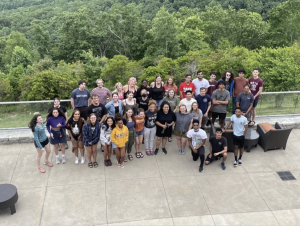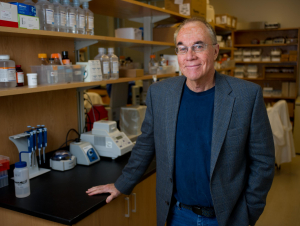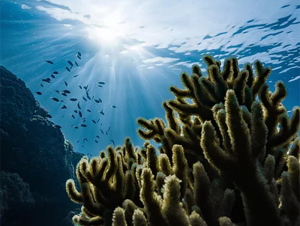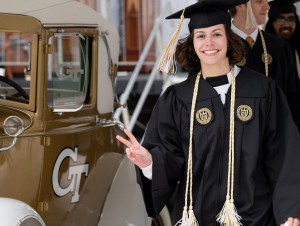To request a media interview, please reach out to experts using the faculty directories for each of our six schools, or contact Jess Hunt-Ralston, College of Sciences communications director. A list of faculty experts is also available to journalists upon request.
News Center
Experts In The News
This week could be a jackpot for birders in Georgia, as an estimated 10 million will fly every night over the state. When they aren't flying, they'll be on the ground feasting. In an 11Alive interview, Benjamin Freeman, assistant professor in the School of Biological Sciences, discusses the “river of migrating birds” over Georgia skies:
"So most of these small birds, they're actually... flying at night. So when they're flying, they're spending so much energy they're heating up, so they like to fly when it's cool at night. And they're flying a couple thousand feet up. They're flying all night and then sometime in the morning they'll land and they'll spend the day looking for food. And then the next night, they'll often rise up again and keep flying north, so they're flying a couple 100 miles a night.”
Discover the full interview here.
11 Alive April 28, 2025Biofilms have emergent properties: traits that appear only when a system of individual items interacts. It was this emergence that attracted School of Physics Associate Professor Peter Yunker to the microbial structures. Trained in soft matter physics — the study of materials that can be structurally altered — he is interested in understanding how the interactions between individual bacteria result in the higher-order structure of a biofilm
Recently, in his lab at the Georgia Institute of Technology, Yunker and his team created detailed topographical maps of the three-dimensional surface of a growing biofilm. These measurements allowed them to study how a biofilm’s shape emerges from millions of infinitesimal interactions among component bacteria and their environment. In 2024 in Nature Physics, they described the biophysical laws that control the complex aggregation of bacterial cells.
The work is important, Yunker said, not only because it can help explain the staggering diversity of one of the planet’s most common life forms, but also because it may evoke life’s first, hesitant steps toward multicellularity.
Quanta Magazine April 21, 2025







